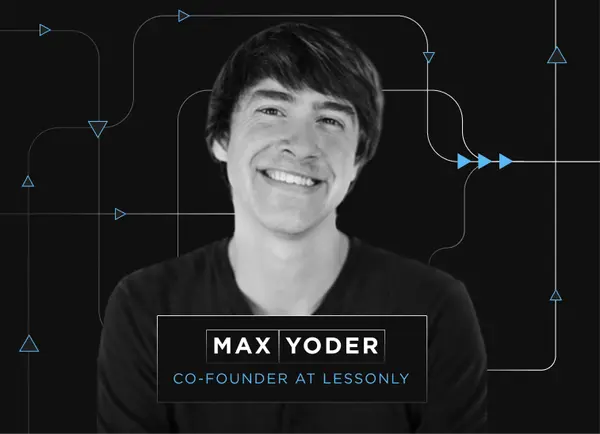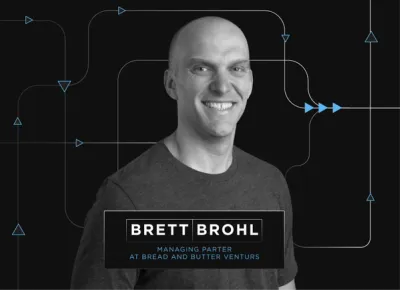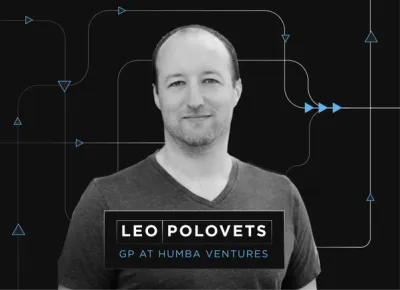
Tips from YC: Using Asks, Metrics, and a Recap to Power Your Investor Updates

Y Combinator has funded over 1900 startups since their inception in 2005. In the process of funding those startups, YC receives thousands of investor updates on an annual basis. As Aaron Harris, Partner at YC, puts it, “At YC, we get lots of updates from our alums. There seems to be a correlation between quality and frequency of updates and the goodness of the company and founders.”
Over the past year, we’ve had thousands of founders share Updates with their investors and other stakeholders. While investor updates come in all different shapes and sizes, we’ve found that most, if not all, include some form of the following: a quick recap of the last month, metrics and KPIs, and specific asks for your investors. To this point, Aaron Harris of YC suggests using the same components but has interesting thoughts about the order of these components what specific information should be shared.
Metrics & KPIs
Metrics and KPIs are included in almost every Update template we’ve seen come across our table. Including your key metrics with growth percentages is widely expected. Aaron Harris suggests sharing your KPIs and growth percentages first when reporting to your investors. Sharing high-level growth metrics and financial status metrics are what you are looking for here. Examples include revenue, cash in bank, and burn rates. No matter what you decide to share, make sure the metrics are defined and explained to your investors and repeated on a monthly basis.
Targeted Asks
Making targeted asks to your investors is arguably the most impactful part of an investor update. If engaged properly, investors are more than a source of capital. They have experience, advice, and networks you can leverage. Don’t be afraid to ask your investors help with closing deals, finding talent, and future fundraising. Regardless if you put asks first or second in order, Aaron recommends putting it as close to the top as possible to make sure your investors see it and can help where needed.
Quick Recap
Interestingly, Aaron suggests putting the qualitative recap of your month towards the bottom of your investor update. While we often see founders lead with a recap, ending with a recap will ensure that your investors see both your metrics and targeted asks. Make this as short as possible and be sure to only add things that are vital to your success. At the end of the day, investors are busy and you want to make sure they read your entire update.
These are just a few elements to consider when deciding on the structure of your investor update. To see these elements in context or create an update yourself, check out our Y Combinator update template below.
Check out an example of the Y Combinator Investor Update Here >>>



